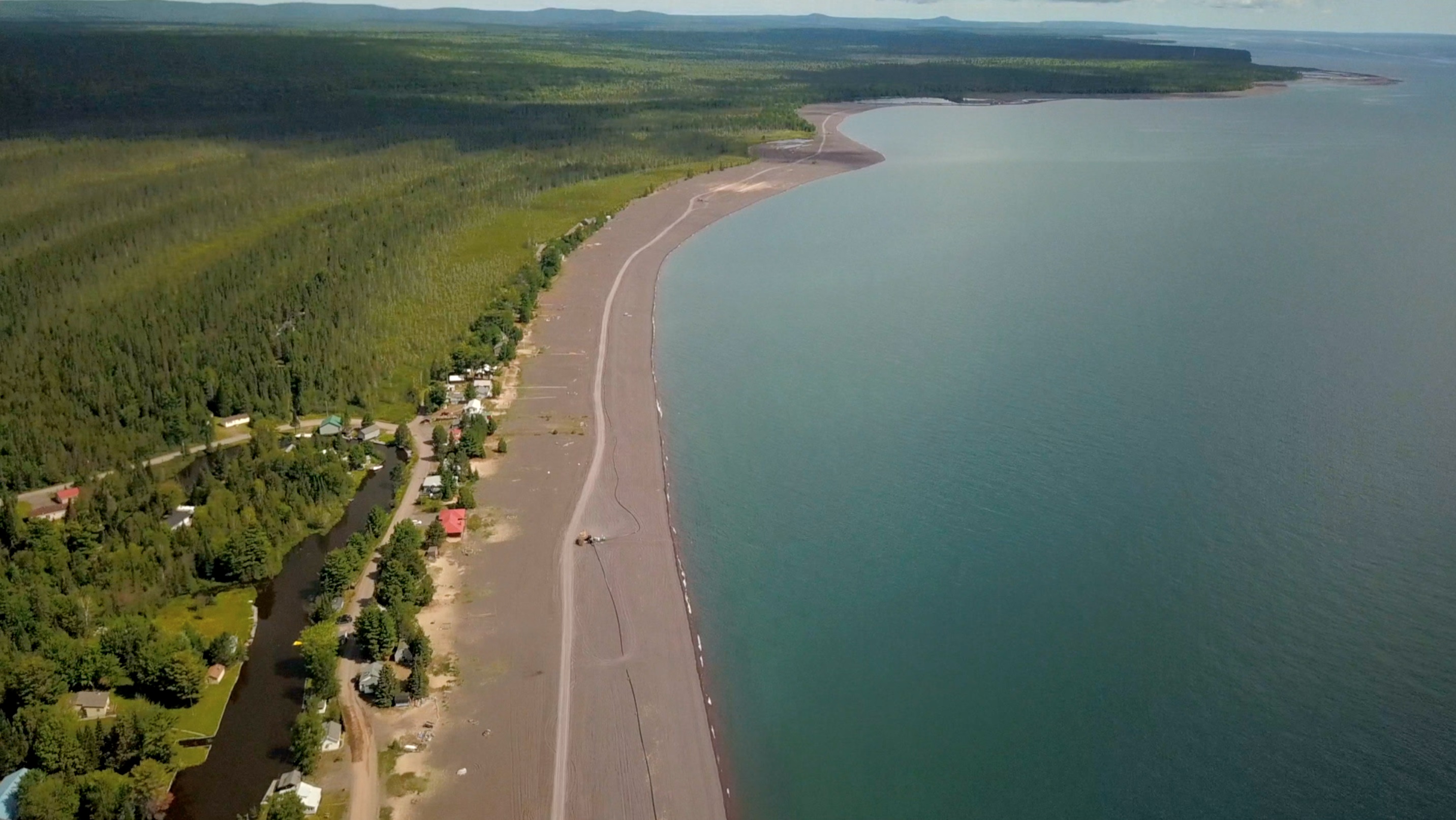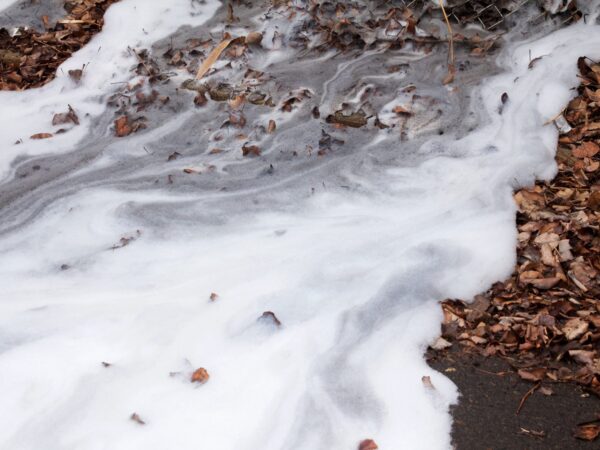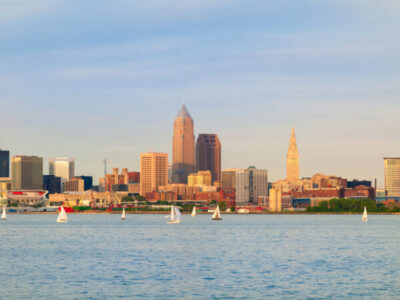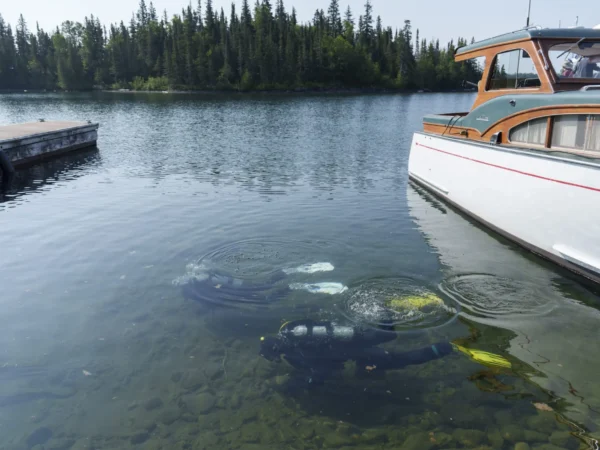
This article was republished here with permission from Great Lakes Echo.
By Chioma Lewis, Great Lakes Echo
How attached you are to your community can determine how motivated you are to tackle climate change.
Residents who are more socially attached to their community are more likely to plan for climate change adaptation to support it, according to a recent study in the Journal of Coastal Conservation.
Researchers from the University of Minnesota and the California Association of Resource Conservation Districts surveyed residents of the north shore of Lake Superior. They wanted to understand how the communities there might be impacted by climate change.
Related stories:
Lake Superior Winter: Researchers belatedly turn their eyes to the impact of warming winters
The future of Lake Superior with climate disruption
As part of a larger study, researchers also surveyed visitors to understand the climate impacts on tourism. They wanted to understand if the number of tourist visits might change with the climate.
“Are they going to visit here more or less? And how those patterns might change depending on different climate scenarios,” said Amit Pradhananga, a research associate at the University of Minnesota. This region is one of the most important tourist areas in Minnesota.
But the survey of residents explored how communities respond to climate related issues and problems.
“Like after a major disaster, like a hurricane, how do communities come together and respond to issues?” Pradhananga said.
This is called adaptive capacity – the capacity of communities to address climate change impacts.
Some communities develop communication campaigns that build support for local climate policy by highlighting the harmful impacts of climate change.
These campaigns aim to increase community participation and engagement in climate action.
The survey examined basic levels of engagement like going to meetings or talking to others about climate change.
This engagement often reflected how connected people felt to the area they lived in.
Their attachment to the natural environment also increased their likelihood of environmental concern.
People can feel connected to physical things like natural resources but also through the human connections, like community connections, Pradhananga said. If people are more connected to others in their community through social ties, they are more likely to engage in environmental/climate change issues.
Climate change issues also have a significant impact on non-coastal communities.
“It’s not just connected to some coastal community living up on the north shore,” Pradhananga said. “It’s also something that’s connected to how often we might get floods in the Twin Cities and how that might have property damage for people living here.”
One of the problems with communication of environmental issues is it’s very much based on chemistry or technical jargon and not so much the human connection, Pradhananga said. A newsletter or fact sheet about how an obscure invasive species are impacting an obscure lake doesn’t really connect.
The study found that finding connections to things that matter for everyday people on a daily basis, like housing and clean water, has a more immediate effect on engagement.
It also revealed that levels of civic engagement in climate adaptations were generally low. People’s involvement in activities related to environmental issues were not at the level of their involvement with other community activities.
Most responses showed that many residents had never participated in a project or worked with other community members to prepare or address local climate change or environmental impacts.
Some of that is because of how these issues are presented as environmental issues without tying them to any social issues, Pradhananga said.
It is important to look at climate related issues as a branch of a social issue and not just an environmental issue, Pradhananga said. “People who are more connected because of social reasons, they are – more likely to be – more engaged in those communities.”
Catch more news on Great Lakes Now:
Michigan’s climate-ready future: wetland parks, less cement, roomy shores
Habitat Focus: To help the birds, nonprofit organization looks to Great Lakes habitats
Great Lakes trails become friendlier for users with disabilities
API key not valid. Please pass a valid API key.Featured image: Lake Superior shoreline off Michigan’s Upper Peninsula (Great Lakes Now Episode 1006)
1 Comment
-
The climate is not really affecting people very much, so they are not motivated by it.




